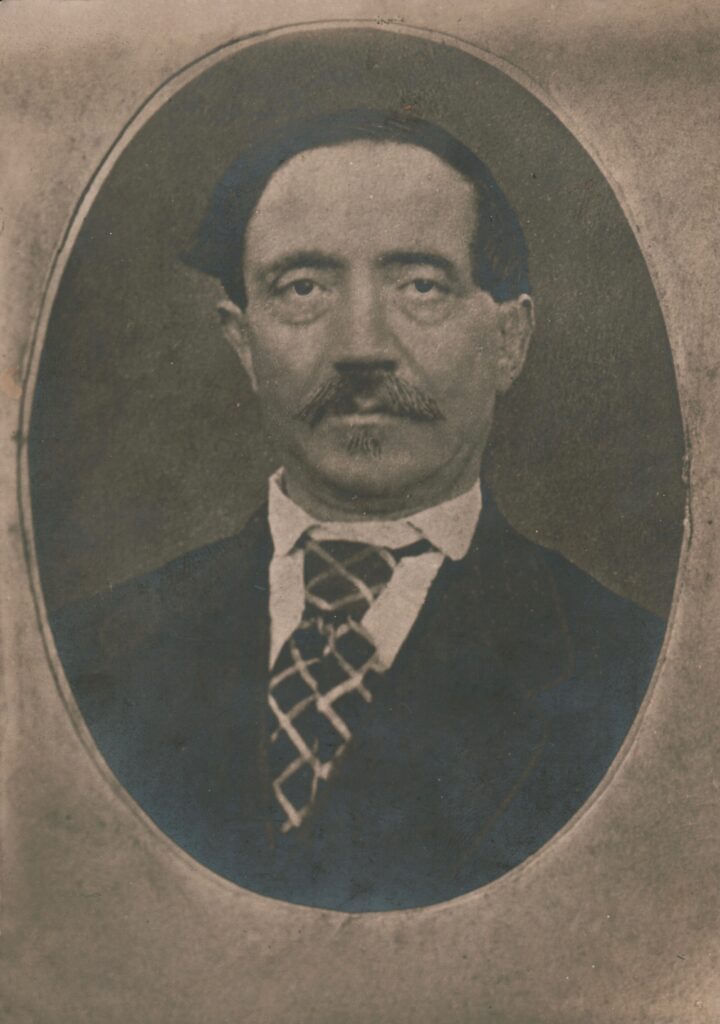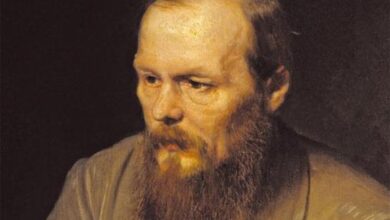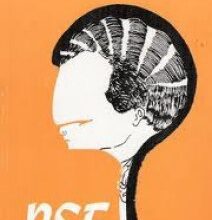Songs of Milosaos Jeronim de Rada

Kenget e Milosaos Jeronim de Rada

“Songs of Milosao” focuses on the love of two young people, which is opposed by society. In addition to the idea of love in the face of social prejudices, the patriotic spirit pervades the entire work.
This becomes the basis for another conflict between feeling and duty. Another important element in “Songs of Milosao” is nature, almost always fused with the feelings of the characters.
About the author
Jeronim De Rada was born in 1814 in the small and picturesque village of Maki in Cosenza, not far from Saint Korona, the center of the Arbëresh college of St. Adrian. In this college the young De Rada completed his first studies, which were of particular importance for the formation of his personality. There he studied ancient and modern literature, became acquainted with the ideas of the French Revolution, which influenced the formation of his personality.
In 1833 De Rada graduated from college and his father spent a year in the village, to improve health. It was during his stay in his homeland that two events took place that would give impetus to his literary creativity. In the 19th century, the Arbëresh perseverance, especially those of the Arbëresh of Italy, had preserved intact the feeling of love for the homeland of the ancestors, the language, customs and ancestral traditions, showed with a special force their Albanian consciousness in the field of cultural movement literary.
The new literature that was born in the Arbëresh across the Adriatic from the third decade of that century, with all the special features that stemmed from the conditions in which the emigrants were, was a branch of Albanian literature of the time, born as an expression of the ideal of liberation. of the homeland. Therefore, at the center of this literature was the patriotic idea, the evocation of the glorious traditions of our people and, in the first place, of the time of Skanderbeg.
The basic feature of Italian political life in the first half of the nineteenth century was the process of the dissolution of feudal relations and the development of new capitalist relations. Italy, especially its southern part, was marked by great backwardness and poverty. It was under these conditions that they spurred the national movement for the liberation of the country. At the head of the mass movement in the 1920s was the liberal bourgeoisie and the secret organization of the Carbonari. Their struggle achieved a partial result: the limitation of absolutism through the constitution. In the 1930s the “New Italy” organization, founded by the revolutionary Maxini, emerged from the strata of the petty bourgeoisie.
It operated through conspiracies and uprisings, which failed because the organization did not rely on the broad masses of the people. The same fate befell the popular revolutionary actions in the years 1848 – 1849, when the movement for the liberation of Italy rose to a new scale and took on very wide proportions. Consequently, the unification of Italy was achieved only in 1867 and was fully consolidated by 1870.
The fruits of victory were reaped by the great bourgeoisie and the liberal landlords, who did not meet the demands of the masses for social change, not even for a republic, and united Italy under the Savoy dynasty. A significant role in the events of the time was played by the Arbëresh, who in the movement for the liberation and democratic development of the country showed a rare heroism and spirit of sacrifice. Under these conditions, our compatriots across the sea gave birth to an active political – cultural and literary activity, which intensified especially in the second half of the XIX century.
This activity took off from the ever-dense contacts with the national movement of Albania, with the political circles of the various Albanian settlements and with the most prominent personalities who were at the head of this movement. The Arbëresh literature of the 19th century had patriotism as its main feature. Being also an expression of democratic aspirations and dissatisfaction with social conditions, it initially paid special attention to social issues.
The democratic spirit of Arbëresh literature is evidenced by the interest shown in the liberation war of other peoples. This literature found its expression through the literary direction of romanticism, being nurtured by a philosophy which, with its rationalism, seemed to contradict the “thirst for infinity” and the “cult of feeling” which distinguished this direction from Enlightenment philosophy. .
The brightest figure of this literature and one of the greatest figures of our Renaissance is Jeronim De Rada. De Rada became acquainted with folklore, which revealed to him the spirit of his people. It was at this time that he met a poor girl, the daughter of a shepherd, who introduced her to ordinary people and inspired them with warm and heartfelt poems. A wider world opened before the new De Rada in 1834, when his father sent him to study law in Naples, the great cultural-political center of southern Italy.






